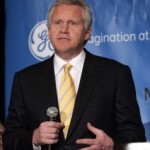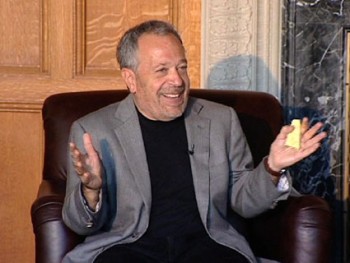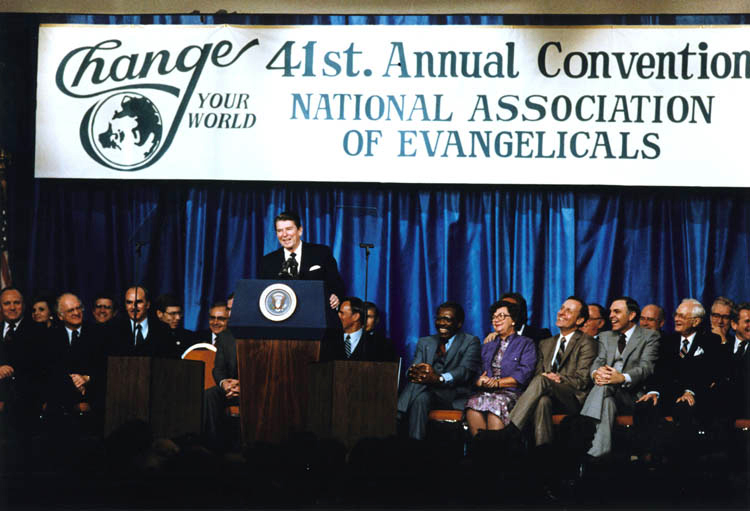 I’m having a hard time deciding whether Todd Purdum’s exhaustive profile of Sarah Palin in the new issue of Vanity Fair just isn’t that interesting, or if she’s just not that interesting. I think it’s the latter.
I’m having a hard time deciding whether Todd Purdum’s exhaustive profile of Sarah Palin in the new issue of Vanity Fair just isn’t that interesting, or if she’s just not that interesting. I think it’s the latter.
Every revelation here, aside from the news that Mark McKinnon helped prepare the Governor for her debate against Joe Biden, just smacks of small-town back-biting and petty jealousies from old friends disillusioned by her sudden fame and national prominence. After all, the state of Alaska has fewer people than the District of Columbia–the political establishment is a pretty small group.
There’s not really much new here–thematically, that is, if not factually. Didn’t we already know that the McCain loyalists didn’t like her within weeks of her convention speech? Didn’t we already know that she hated to prepare? Didn’t we already know that she once wrote an email to friends and relatives about Trig signed not in her own name, but in God’s, signing it, “Trig’s Creator, Your Heavenly Father (okay, actually, we didn’t know that last part, but it hardly suggests a God complex — more just a weird attempt to remind recipients that all children are created in God’s image. No?)
Actually, now that Purdum has this piece out of his system, I’d love to see him do a profile of the people who still believe Governor Palin should be the next President–the so-called “values voters” of the GOP–and why her thin resume and lack of interest in issues foreign and domestic don’t really bother them, as it does more traditional conservatives. This chasm has existed in the GOP for more than a decade–Governor Palin may finally be the candidate that causes it to split for good. That would be an interesting read.
 What comes to mind when you hear the words, “manufacturing economy?”
What comes to mind when you hear the words, “manufacturing economy?” Ed Walsh has quickly become one of my favorite conservatives. Of course, I disagree with him about 94 percent of the time, too, but he’s always thoughtful, and he’s always entertaining.
Ed Walsh has quickly become one of my favorite conservatives. Of course, I disagree with him about 94 percent of the time, too, but he’s always thoughtful, and he’s always entertaining. Robert Reich is my favorite liberal. I don’t know him from Adam, and I disagree with his take on policy roughly 94 percent of the time. But I generally find him to be congenial on television and well thought-out in print.
Robert Reich is my favorite liberal. I don’t know him from Adam, and I disagree with his take on policy roughly 94 percent of the time. But I generally find him to be congenial on television and well thought-out in print.